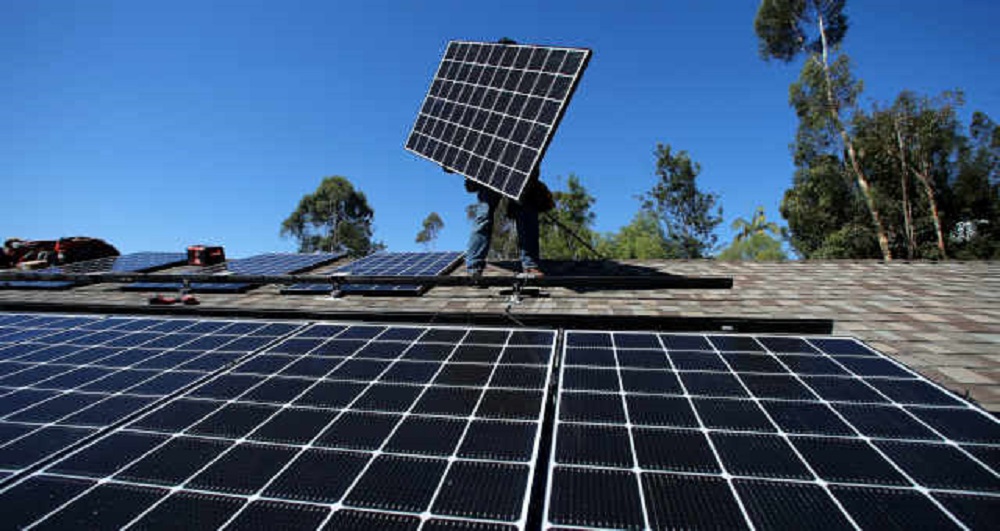RIO DE JANEIRO, BRAZIL – Brazil has joined the list of the 10 countries installing the most solar energy systems in the world in 2020, despite the impact of the Covid-19
pandemic on the sector’s market, data from the International Energy Agency (IEA) compiled by the Brazilian Solar Energy Association (ABSOLAR) showed on Monday, May 24.
Latin America’s largest country registered 3.15 gigawatts (GW) in new solar generation projects last year, thus reaching 9th place in the global ranking, led by China, the United States, Vietnam, Japan and Germany.

The performance, which led Brazil to surpass the Netherlands, was the best ever achieved by the country, which had previously entered the sector’s select “top 10” only in 2017, when it ranked 10th. In 2019, Brazil ranked 12th.
Asked about projections for 2021, ABSOLAR declined to provide a specific estimate, but said that “it expects to move up in the ranking,” given the country’s booming solar industry moment.
The association estimated that the solar sector moved approximately R$15.9 (US$2.99) billion in local investments in 2020, while for this year projections point to even higher investments, estimated at R$22.6 billion.
The solid figures were recorded despite the negative impact of the global Covid-19 pandemic on the sector, with Brazil as one of the most affected countries. Solar equipment imports by companies in Brazil plummeted from April onward, under the impact of isolation measures decreed by municipalities and governments in an attempt to curb the spread of the virus, but picked up again in the second half of the year.
Details
According to ABSOLAR, about 80% of photovoltaic installations in Brazil in 2020 came from smaller systems, known as “distributed generation” (DG), which typically involve solar panels on rooftops to meet the demand of residential consumers or businesses.
These DG installations totaled 2.5 GW in capacity in Brazil last year, against almost 617 megawatts from larger centralized generation plants.
This year, combining these two markets, capacity growth could reach 4.9 gigawatts, almost 56% more than in 2020, according to ABSOLAR’s projections.
Growth should again be driven by distributed generation facilities, with an increase of 3.9 GW, while large plants would add 1.1 GW.
Despite the rapid pace of expansion, the source still has a small share in Brazil’s electricity matrix – large solar plants account for less than 2% of current installed capacity, according to data from the National Electric Energy Agency (ANEEL).
But the technology has advanced rapidly in recent years, mainly with a boost from distributed generation systems, which were the fastest growing of all energy sources in Brazil in 2020.
The International Energy Agency said last October that solar energy should lead a surge in renewable generation expected over the next decade worldwide, establishing itself as the “new queen” of global electricity markets.

